Frequently Asked Personal Injury Questions
-
What is the statute of limitations for filing a personal injury lawsuit in my state?
The statute of limitations for filing a personal injury lawsuit is two years from the date of the incident in Connecticut. It is important to consult with an attorney promptly to determine the specific time limit that applies to your case.
-
What types of compensation can I seek in a personal injury case?
In a personal injury case, you may be eligible to seek various types of compensation, including medical expenses, lost wages, pain and suffering, rehabilitation costs, and potentially punitive damages in certain circumstances.
-
How long does it typically take to resolve a personal injury case?
The duration of a personal injury case can vary depending on factors such as the complexity of the case, the extent of injuries, the willingness to negotiate, and court schedules. Some cases can be resolved through settlement in a few months, while others may require litigation and take longer.
-
How do you determine the value of my personal injury claim?
The value of your personal injury claim is determined by considering various factors, including the severity of your injuries, medical expenses, lost income, future medical needs, the impact on your life, and potentially non-economic damages such as pain and suffering. An attorney can help assess the potential value based on the specifics of your case.
-
What evidence do I need to gather to support my personal injury claim?
To support your personal injury claim, it is important to gather evidence such as medical records, accident reports, witness statements, photographs, and any other relevant documentation related to the accident or your injuries.
-
Are there any potential challenges or defenses that the other party might raise?
The other party may raise potential challenges or defenses, such as arguing comparative negligence (if you were partially at fault) or disputing the extent of your injuries. An attorney can anticipate and address these potential challenges to strengthen your case.
-
Can I still pursue a personal injury claim if I was partially at fault for the accident?
Even if you were partially at fault for the accident, you may still be able to pursue a personal injury claim. The legal concept of comparative negligence allows for the apportionment of fault and determination of the appropriate compensation based on the degree of fault assigned to each party involved. The impact of your partial fault on your case will depend on the laws of your jurisdiction.




